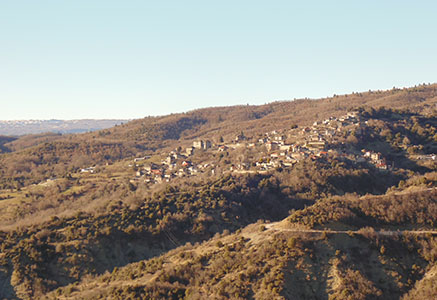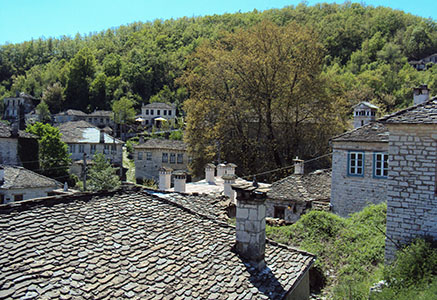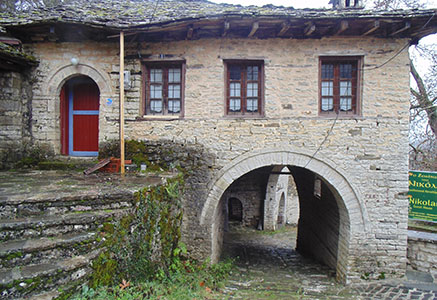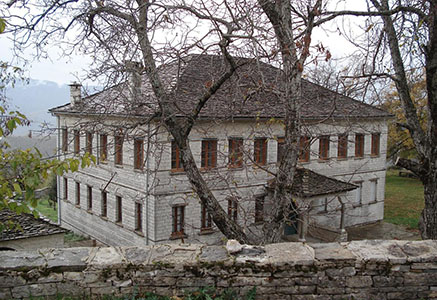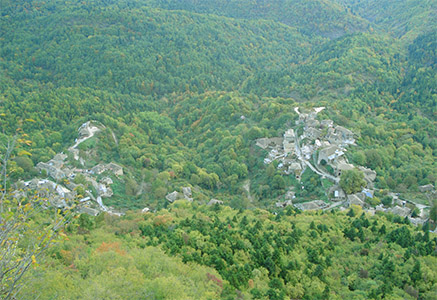Project Description
The village of Milotades is mentioned in the intention 215 of the Barlaam of Meteora monastery in 1613-14.
P. Aravantinos mentions the village of Milkotates, characterizing the origins of name of the village as greek.
The village of Miliotades belonged to the “Zagorion” area during the period “… before the conquest at the time of Votsas …”, informs us Mr. Labridis, while by the time of his era, the village had already been dissolved.
According to K. E. Ikonomou, the place name is a proper noun, derived from the surname Myliotis and the ending -ades. As far as the origin of the surname is concerned, he writes that it is national, originating from the name of the village of Milea and the ending -iotis, with which national names are formed. He also notes that the ending -ades “… is used to form place names regardless of the ending of the main names, in order to initially declare the members of a family and then the place, the estate where they used to reside …”
Probably the name of the village reveals, like other village names with the same ending -ades, the first settler, tenant, or landowner, possibly called Miliotis.
Mr. V.K.Spyrou believes that “… the name was derived from the word” crusher “or” killer “. Miloti means sheep’s skin, any wool skin, sheep or cape. The word mlotis is derived from the homeric word milon, which means sheep. So, Milotis is the shepherd. Therefore, the name “Miliotades” has to originate from one of these two words, which are derivatives of the word milon= sheep. Perhaps, with the word “Miliotades”, are considered the people who inhabited the place (this is what the ending -ades, reveals) and wore capes. Or even the shepherds. It seems that there were many sheep in the area because of the ground and the mountainous surrounding area … ” He also clarifies that the original name must have been “Milotades” and with the entry of the letter “i”, it became” Miliotades “. It is a phenomenon “… no strange at all, since the people of Epirus in many words used the “i” letter in writing, but rather in the oral speech, before vowels … “.



